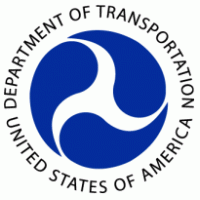Extreme weather due to climate change threatens the safety and mobility of Americans and challenges the stability of supply chains. To help address the climate crisis, FHWA proposes to amend its regulations governing national performance management measures to require State departments of transportation (State DOTs) and metropolitan planning organizations (MPOs) to establish declining carbon dioxide (CO2) targets and to establish a method for the measurement and reporting of greenhouse gas (GHG) emissions associated with transportation under the Highways title of the United States Code (U.S.C.). The proposed rule would not mandate the level of the targets. Rather, State DOTs and MPOs would have flexibility to set targets that are appropriate for their communities and that work for their respective climate change and other policy priorities, as long as the targets would reduce emissions over time. Specifically, the proposed rule would require State DOTs and MPOs that have National Highway System (NHS) mileage within their State geographic boundaries and metropolitan planning area boundaries, respectively, to establish declining CO2 emissions targets to reduce CO2 emissions generated by on-road mobile sources relative to a reference year defined as calendar year 2021, that align with the Administration’s net-zero targets as outlined in the national policy established under Executive orders entitled “Protecting Public Health and the Environment and Restoring Science to Tackle the Climate Crisis” and “Tackling the Climate Crisis at Home and Abroad” and at the Leaders Summit on Climate. The proposed rule would require MPOs serving urbanized areas with multiple MPOs to establish additional joint targets. The proposed rule also would require State DOTs and MPOs to biennially report on their progress in meeting the targets and require FHWA to assess significant progress toward achieving the targets.
DATES:
Comments must be received on or before October 13, 2022.


